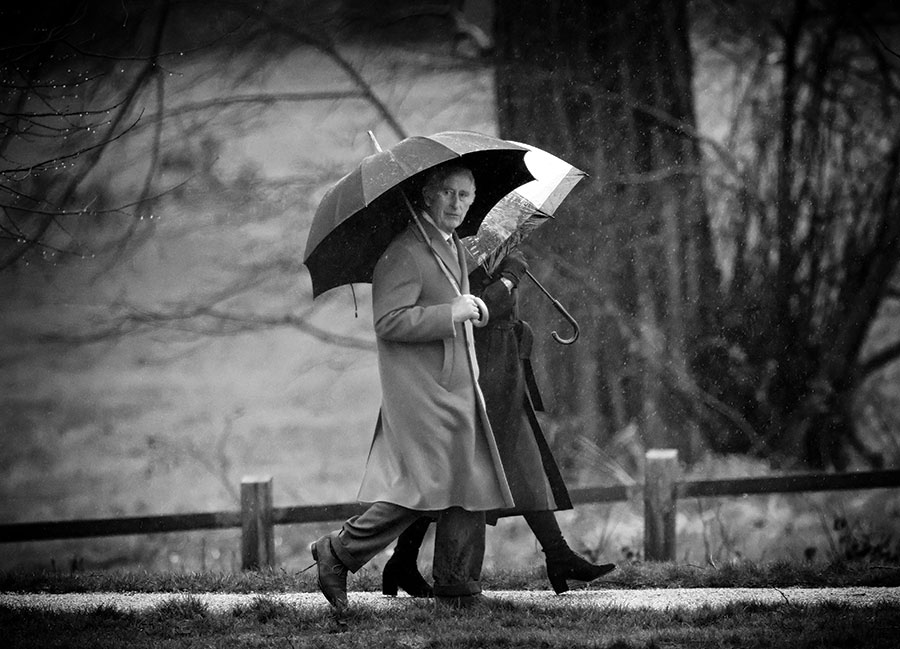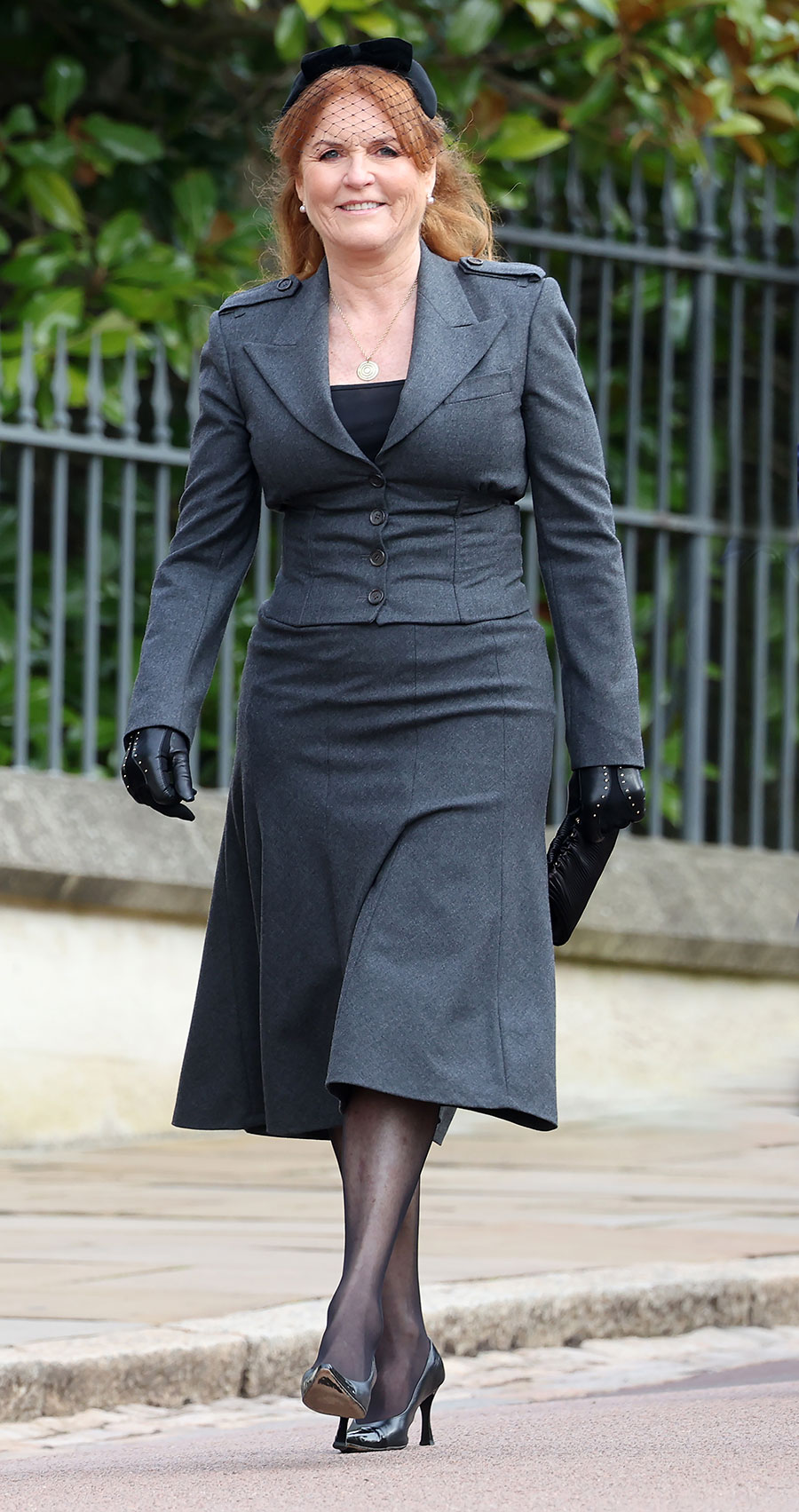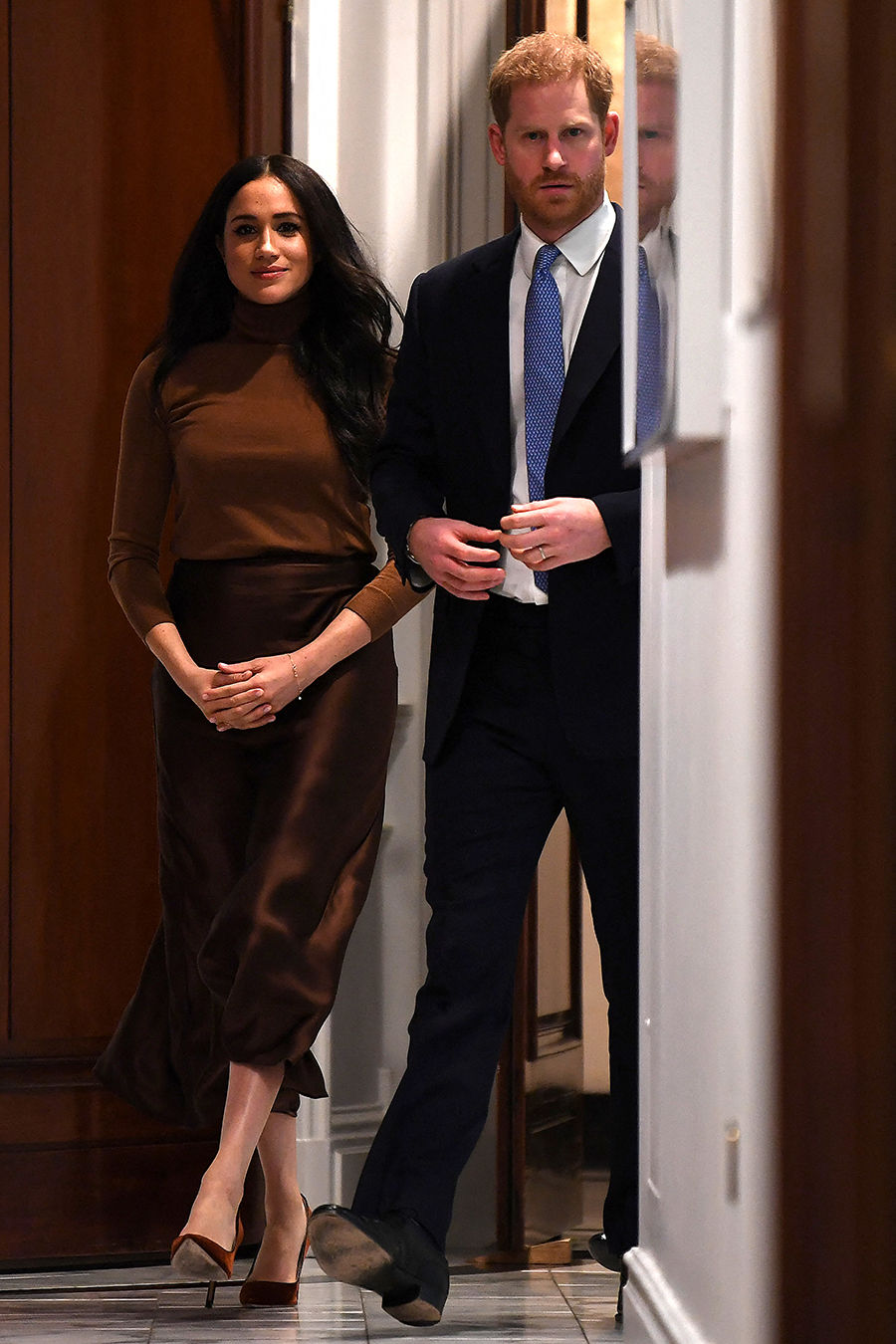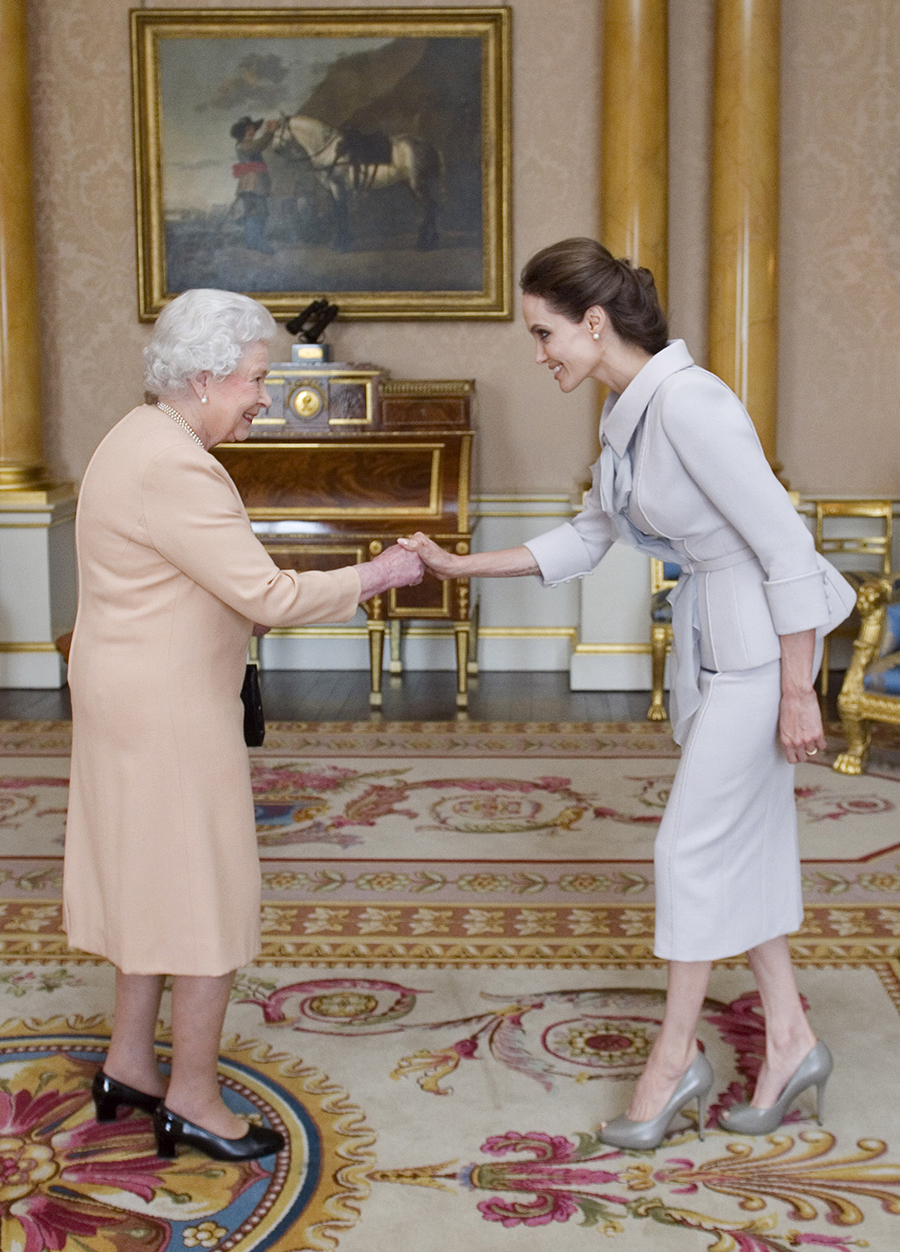The Royal Treatment: Why Kate and King Charles’ Transparency About Their Battles With Cancer Matters

Catherine, Duchess of Cambridge and Prince Charles, Prince of Wales visit The Prince's Foundation for Children and The Arts at Dulwich Picture Gallery in March of 2012 in London. Both Charles and Kate have put their royal duties on hold as they undergo cancer treatment. Photo: Danny Martindale/WireImage/Getty Images
Catherine, Princess of Wales, did not complain but, in fact, explained when she took to the internet to end months of speculation about her health, her whereabouts and the state of her marriage.
In a statement of unprecedented transparency for a senior member of the Royal Family, she laid out a timeline of her cancer diagnosis and, in doing so, also explained why the Palace had first claimed she did not have cancer when her surgery was first announced.
In the moving video statement, Kate also said how hard it’s been for the family, of course alluding to King Charles III’s own cancer diagnosis and ongoing treatment. She spoke of her children and how meaningful it has been to have Prince William at her side. While, like the King, she did not reveal the exact type of cancer for which she’s been diagnosed, she was more forthcoming with details concerning her chemotherapy. While asking the public to understand her need for time and privacy, she ended her statement with a heartfelt message to anyone afflicted with cancer: “You are not alone.”
In the following article, which appears in the April/May issue of Zoomer magazine, we look at the effect of celebrity health disclosures like the King and now Kate’s has on society.

It’s been quite a public time for the world’s most notoriously private family. While there have always been headline-making moments for the Royal Family, King Charles III’s new era of regal glasnost rocketed to a whole new level in January, after Buckingham Palace announced the 75-year-old was being treated for a benign enlarged prostate. Almost three weeks later, the palace said doctors had discovered a form of cancer. “His Majesty has chosen to share his diagnosis to prevent speculation and in the hope it may assist public understanding for all those around the world who are affected by cancer.”
The royal disclosures had an immediate impact, with the United Kingdom’s National Health Service in January seeing a 1,000 per cent increase overnight in clicks – one every five seconds – on its prostate enlargement information page and Charles noting, in a public meeting with U.K. Prime Minister Rishi Sunak on Feb. 21, “I hear there’s been a lot more attention and interest on those main, wonderful cancer charities, many of which I’ve been patron for years.”
Sarah Ferguson, the King’s 64-year-old former sister-in-law, talked about the routine mammogram that revealed her breast cancer, her mastectomy and her reconstructive surgery on her podcast Tea Talks in June 2023; a few days before Charles was hospitalized for his enlarged prostate, she wrote an Instagram post about her second cancer diagnosis in a year: malignant melanoma. In both cases, she urged the public to get mammograms and check their skin for suspicious moles.

In another royal revelation, Meghan Markle penned a July 2020 New York Times essay about her miscarriage, which prompted praise from advocacy groups for destigmatizing pregnancy loss.
Thanks to social media and the current culture of transparency (TMI, some might argue), celebrity disclosures about physical and mental health struggles help demystify certain diseases and conditions – and more than likely save lives in the process.

At a time when one in four Canadians will die from cancer and the risk of getting cancer increases as we age, “early detection is so critical to survival,” says Dr. Stuart Edmonds, the executive vice-president of mission, research and advocacy for the Canadian Cancer Society. “We’re fortunate to have therapies that are remarkably effective, but we have to be able to diagnose it early enough to better use those treatments. So, all this awareness is a positive thing.”
Members of the Royal Family are just the latest – although possibly the most powerful – in a long line of celebrities who have opened up about their health challenges in an effort to spare others the same fate. In 2013, Angelina Jolie famously wrote an opinion piece in the New York Times about her decision to have a preemptive double mastectomy after learning she had a mutation in the BRCA1 gene, which increases the risk for developing breast and ovarian cancers.
According to “The ‘Angelina Jolie’ Effect,” a 2016 Harvard Medical School article about a study published in the peer-reviewed journal The BMJ, there was a spike in insurance claims for BRCA tests – an estimated 4,500, at a cost of $US3,000 each – in the 15 days following her divulgence. “A celebrity announcement is great when we are worried about underutilization of a preventive test or screening, because it gets more patients into the office,” Dr. Anupam Jena said in the Harvard story. The study showed no corresponding increase in mastectomies, however, leading researchers to conclude “celebrity announcements can reach a broad audience but may not effectively target the population that would benefit most.”

As with Jolie, Charles’ cancer diagnosis made headlines around the world, especially in Canada, where his doctors’ orders to postpone public-facing duties meant the King’s first tour here as head of state was put on hold. Edmonds gives “a tremendous amount of credit” to the King and Ferguson for going public. “Even if it prompts one person to get checked out, it’s worthwhile.”
Why does a celebrity disclosure hold more sway than, say, a close friend’s or family member’s diagnosis or those gruesome pictures on a cigarette package? “It’s like people being scared of flying after they see a news story of a plane crash, even though we know statistically plane crashes are rare,” says Ruth Vanstone, a PhD candidate in clinical psychology at York University, who saw cancer patients during a placement at Toronto’s Prince Margaret Hospital. “It’s that shock value that sparks that anxiety to go get checked.”
As for why Buckingham Palace would keep the King’s type of cancer a secret, Vanstone can only speculate. “It really varies from patient to patient, but given that cancer and the associated treatment can be very debilitating – not to mention certain types, like pancreatic, are more serious – many people do not want to be pitied or feel weak,” she says. “It may be that the palace doesn’t want the public to perceive the monarchy in such a way.”
While any boost in cancer screening is a good thing, Edmonds says it’s particularly welcome now, because most screening programs shut down at the start of the COVID-19 pandemic in 2020. Cancer is diagnosed in stages: Stage 1 means a small localized tumour while stage 4 means it has metastasized, or spread, to another site in the body. Early detection means less aggressive treatments and better survival rates. “A delayed diagnosis can mean a stage shift,” Edmonds says. “So, any further awareness that’s created will help bring people back to that idea of being screened and understanding their risk profile.”